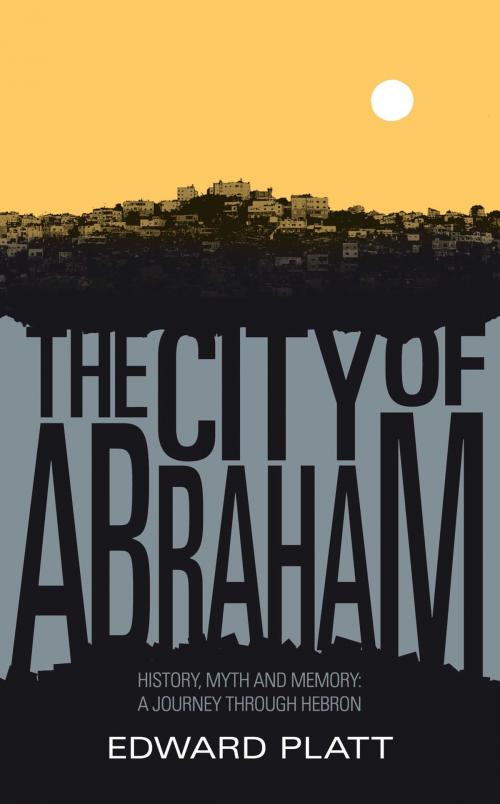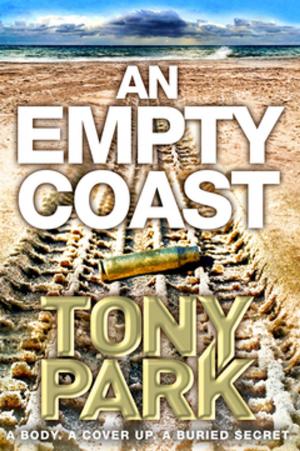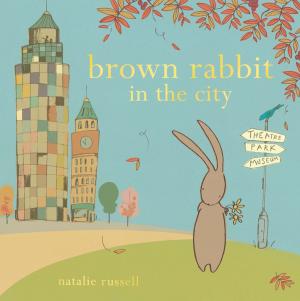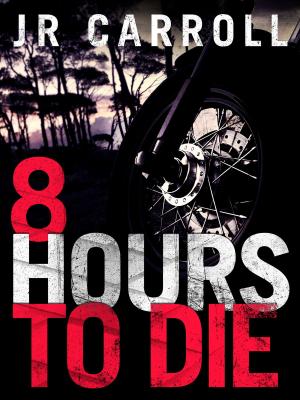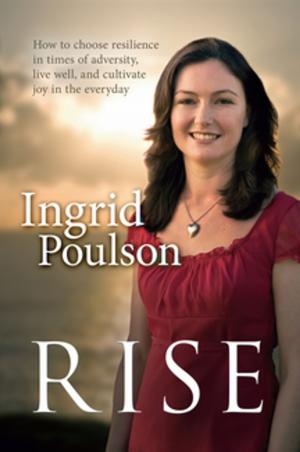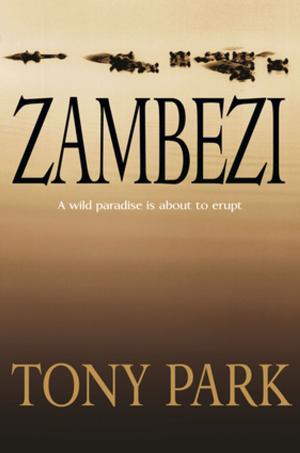City of Abraham
History, Myth and Memory: A Journey through Hebron
Nonfiction, History, Middle East, Israel, Travel, Asia| Author: | Edward Platt | ISBN: | 9781447213307 |
| Publisher: | Pan Macmillan | Publication: | September 13, 2012 |
| Imprint: | Picador | Language: | English |
| Author: | Edward Platt |
| ISBN: | 9781447213307 |
| Publisher: | Pan Macmillan |
| Publication: | September 13, 2012 |
| Imprint: | Picador |
| Language: | English |
The City of Abraham is a journey through one of the world’s most divided cities – Hebron, the only place in the West Bank where Palestinians and Israelis live side by side. It begins with a hill called Tel Rumeida, the site of ancient Hebron, where the patriarch Abraham – father of the Jews and the Arabs – was supposed to have lived when he arrived in the Promised Land. Through a mixture of travel writing, reportage and interviews, Platt tells the history of the hill and the city in which it stands, and explores the mythic roots of the struggle to control the land.
He meets the Palestinian residents of Tel Rumeida, and the messianic settlers who have made their homes in a block of flats that stands on stilts on an excavated corner of the site. He meets the archaeologists who have attempted to reconstruct the history of the hill. He meets the soldiers who serve in Hebron, and the intermediaries who try to keep the peace in the divided city. The City of Abraham explores the ways in which Hebron’s past continues to inform its tumultuous present, and illuminates the lives of the people at the heart of the most intractable conflict in the world.
The City of Abraham is a journey through one of the world’s most divided cities – Hebron, the only place in the West Bank where Palestinians and Israelis live side by side.
It begins with a hill called Tel Rumeida, the site of ancient Hebron, where the patriarch Abraham – father of the Jews and the Arabs – was supposed to have lived when he arrived in the Promised Land. Platt tells the history of the hill and the city in which it stands, shares the stories of residents and settlers, and illuminates the mythic roots of the struggle to control the land.
Through a mixture of travel writing, reportage and interviews, The City of Abraham explores the ways in which Hebron’s past continues to inform its tumultuous present.
The City of Abraham is a journey through one of the world’s most divided cities – Hebron, the only place in the West Bank where Palestinians and Israelis live side by side. It begins with a hill called Tel Rumeida, the site of ancient Hebron, where the patriarch Abraham – father of the Jews and the Arabs – was supposed to have lived when he arrived in the Promised Land. Through a mixture of travel writing, reportage and interviews, Platt tells the history of the hill and the city in which it stands, and explores the mythic roots of the struggle to control the land.
He meets the Palestinian residents of Tel Rumeida, and the messianic settlers who have made their homes in a block of flats that stands on stilts on an excavated corner of the site. He meets the archaeologists who have attempted to reconstruct the history of the hill. He meets the soldiers who serve in Hebron, and the intermediaries who try to keep the peace in the divided city. The City of Abraham explores the ways in which Hebron’s past continues to inform its tumultuous present, and illuminates the lives of the people at the heart of the most intractable conflict in the world.
The City of Abraham is a journey through one of the world’s most divided cities – Hebron, the only place in the West Bank where Palestinians and Israelis live side by side.
It begins with a hill called Tel Rumeida, the site of ancient Hebron, where the patriarch Abraham – father of the Jews and the Arabs – was supposed to have lived when he arrived in the Promised Land. Platt tells the history of the hill and the city in which it stands, shares the stories of residents and settlers, and illuminates the mythic roots of the struggle to control the land.
Through a mixture of travel writing, reportage and interviews, The City of Abraham explores the ways in which Hebron’s past continues to inform its tumultuous present.
